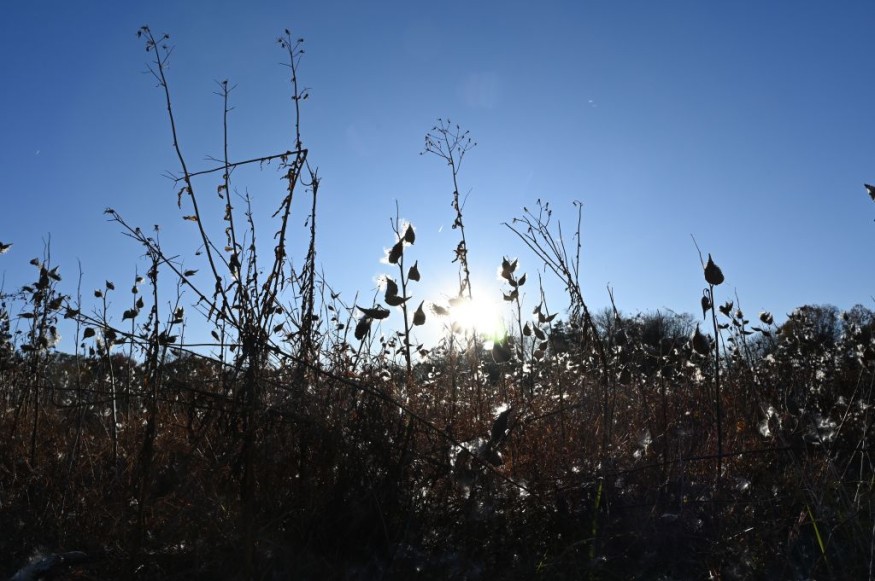Prostrate milkweed (Asclepias prostrata), a rare plant species in the US state of Texas and Mexico's northeastern provinces, is on the brink of extinction due to human-driven activities.
The US government has proposed that the rare Texas plant, including its natural habitat, be under the list of endangered species to conserve and protect it.
The prostrate milkweed is known for contributing to a food support system and pollination for bees, wasps, and butterflies.
However, habitat loss and degradation due to human activities have put the plant species to near extinction.
The United States Endangered Species Act of 1973

The prostrate milkweed is known for its role of being a host plant for monarch butterflies and attracting pollinators, such as large bees and wasps.
However, human activities in the contemporary period have pushed the rare Texas plant to the brink of extinction.
The United States Fish and Wildfire Service (USFWS) on Monday, Feb. 14, has proposed to place the prostrate milkweed plant under the list of endangered species, as per CBS News.
The move was due to the decreasing population of the said plant species caused by human activities.
Due to the threat of expanding human settlement, the USFWS proposed the rare Texas plant, including the plants' 691-acre of critical habitat, under the federal law Endangered Species Act (ESA) of 1973 to protect the endangered species from completely dying out.
Under the ESA law, the import, export, possession, selling, or transport of endangered species are illegal under US soil.
The ESA law covers both animal and plant species, including those found inland or bodies of water, as per the United States Environmental Protection Agency.
Current Conservation Efforts
In one of the initial efforts to protect the plant species, the USFWS suggested applying the ESA law to the nearly 700 acres of critical habitat of the prostrate milkweed-located in the Starr and Zapata counties in Texas, near the Rio Grande, as per CBS News.
The USFWS reportedly chose the area since it has features conducive for the plants to live and grow.
There are only 24 reported populations of prostrate milkweed in the mentioned Texas counties, as per the Center for Biological Diversity.
Prior to the USFWS' proposal, the Center for Biological Diversity organization filed a lawsuit to the said US agency regarding the decreasing number population of the rare Texas plant.
The organization was the prime initiator to protect the prostrate milkweed.
Currently, the proposal has been published in the US government journal Federal Register where the public can post comments regarding the proposal until April 18.
Human Activities Threaten the Prostrate Milkweed Plants
The USFWS attributed the decreasing population of prostrate milkweed to human activities such, as root-plowing, border security measures, infrastructural development, road constructions, and route maintenance, as per International Business Times.
Over the past two decades, there have been calls by environmentalists to push for the protection of the prostrate milkweed under the ESA law.
The recent proposal of the USFWS can be considered as the first step towards a regrowth of the population of the rare Texas plant.
Related article : Poaching Threatens South Africa's Rare Desert Plants
© 2025 NatureWorldNews.com All rights reserved. Do not reproduce without permission.





